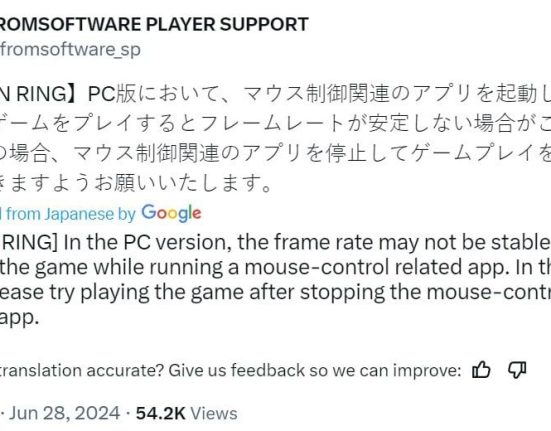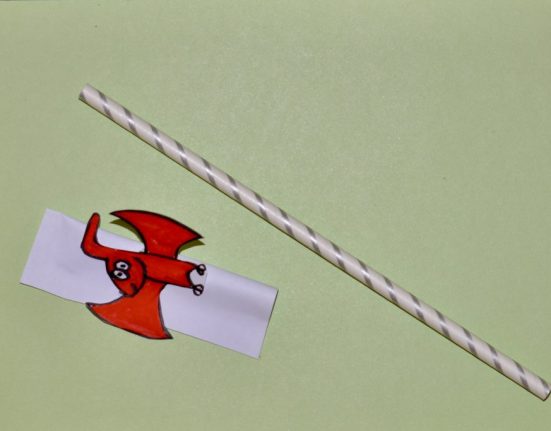While COVID-19 has tested health systems around the world, its impact on people with pre-existing conditions, such as HIV, has raised particular concern. People living with HIV are often at increased risk of contracting various infections, raising fundamental questions about their resilience to SARS-CoV-2. This concern stems from the complex interplay between their compromised immune systems and the inherently aggressive nature of COVID-19, especially in unvaccinated people, making exploration of this intersection a public health priority.
As the world faces the current challenges of the COVID-19 pandemic, a recent study published in the journal iScienceled by Prof. Giulia Marchetti from the University of Milan, delves into the exacerbated risks faced by people living with HIV (PLWH) who contract COVID-19. This research uncovers how SARS-CoV-2 RNAemia, skewed T cell responses, and inflammation amplify the severity of COVID-19 in this vulnerable population.
Professor Marchetti explains the severity of immune dysfunction: “People living with HIV present significantly higher RNAemia than HIV-negative people, indicating increased replication and possible systemic dissemination of the virus in people living with HIV.” She adds: “We found a clear separation between people living with HIV and HIV-negative people based on principal component analysis of plasma cytokines, suggesting an exacerbated inflammatory response to SARS-CoV-2 in people living with HIV.” These insights provide a deeper understanding of the unique challenges faced by people living with HIV during the COVID-19 pandemic.
The study used a cross-sectional design, recruiting both unvaccinated people living with HIV and HIV-negative people of the same age and sex. Methods such as flow cytometry, ELISA, and cytometric bead array were used to analyze SARS-CoV-2-specific humoral and T cell responses, as well as a panel of plasma cytokines. This approach provided detailed insight into how the immune system of unvaccinated people living with HIV uniquely responds to SARS-CoV-2 infection.
Despite relatively preserved humoral immunity, PLWH exhibited fewer and less polyfunctional SARS-CoV-2-specific T cells, pointing to a compromised adaptive immune response to the virus. The peculiar cytokine profile in PLWH was marked by elevated levels of granulocyte-macrophage colony-stimulating factor (GM-CSF), interleukin-4 (IL-4), and tumor necrosis factor alpha (TNF-α), with reduced levels of interleukin-2 (IL-2) and IL-9. These findings indicate a more severe cytokine storm in people living with HIV, which correlates with more severe respiratory failure.
To further contextualize the importance of this study, it is essential to consider the broader implications for public health policies and clinical practices. The findings underscore the need for proactive health measures specifically designed for people living with HIV during pandemic conditions. This includes not only the development of more effective therapeutic interventions, but also better screening and prevention strategies to manage potential outbreaks. Ensuring that these individuals receive prompt vaccinations and are closely monitored for COVID-19 symptoms could significantly reduce hospitalization rates and improve outcomes. Integrating these preventive measures with existing HIV care programs could provide a dual benefit, reinforcing the health infrastructure needed to protect this high-risk population during current and future health crises.
These profound implications, as highlighted by Prof. Giulia Marchetti and her team, underscore the urgent need for personalized clinical strategies to effectively manage SARS-CoV-2 infection in people living with HIV. Professor Marchetti suggests that improved surveillance and possibly early therapeutic strategies are crucial to mitigate the serious impacts seen in this vulnerable population.
Journal reference
Augello, Matteo; Bono, Valeria; Rovito, Roberta; et al. “Association between SARS-CoV-2 RNAemia, skewed T cell responses, inflammation, and severity in hospitalized COVID-19 patients living with HIV.” iScienceJanuary 19, 2024. DOI: https://doi.org/10.1016/j.isci.2023.108673
About the authors

Julia Marchetti He received his medical degree in 1995, completed his residency in Infectious Diseases in 2000 (Milan) and obtained his PhD in HIV/AIDS in 2003 (Milan).
She was a visiting fellow at RIVM (Bilthoven, The Netherlands), Rush University (Chicago, USA) and the NIH (Bethesda, USA) between 1996 and 2002. She is currently a full professor at the University of Milan – Department of Health Sciences at San Paolo Hospital, where she heads a laboratory focused on studies on HIV pathogenesis and immune reconstitution and, more recently, SARS-COV-2 related diseases.
She is currently head of the Infectious Diseases Clinic at the San Paolo Hospital in Milan.
Dr. Marchetti has been involved in studies on HIV-related pathogenesis, therapies, and comorbidities since 1996, and has authored or co-authored more than 180 original peer-reviewed publications in this field. In particular, her main research fields are the immunopathogenesis of HIV infection, with special attention to the interconnection between HIV-related inflammation and damage to the gastrointestinal system. More recently, she has initiated a new research topic on the immunopathogenesis of COVID-19, with special attention to the pathogenic determinants of severe versus mild disease. She is the principal investigator of several competitive grants from the Italian Ministry of Health, Regione Lombardia, Fondazione Cariplo, Horizon for studies on the immunopathogenesis of HIV and, more recently, SARS-COV-2.
Her work has been presented at national and international conferences, and she has participated and been an invited speaker at both national and international conferences.


Matteo AugelloMD is a specialist in infectious diseases and tropical medicine at the Infectious Diseases and Tropical Medicine Clinic of the San Paolo Hospital in Milan, Italy. She is currently a PhD student at the Department of Health Sciences at the University of Milan. His main interest lies in immune responses to viral infections (mainly HIV) and vaccines. During the COVID-19 pandemic he participated in projects aimed at characterizing immune responses to natural SARS-CoV-2 infection and vaccination in people living with HIV.


Am Roberta Rovitopostdoc at the Laboratory of Professor Giulia Marchetti, University of Milan, Clinic of Infectious Diseases, San Paolo Hospital.
My educational and professional background has been determined by the desire to understand the dynamics through which pathogens evade host defenses and the host adopts strategies to counteract infection. An aspect that in recent years of the COVID-19 pandemic has proven to be of fundamental importance.
Therefore, after completing my Master's degree in Medical Biotechnology, in the Molecular Virology Laboratory at the University of Turin, I had the opportunity to do my PhD in a European Marie Curie framework aimed at training the next generation of vaccinologists. I did my PhD at the Department of Medical Microbiology at the Leiden University Medical Centre, the Netherlands, working on the immunopathogenesis of congenital cytomegalovirus infection.
After the PhD, I started a postdoc in the Laboratory of Professor Giulia Marchetti, University of Milan, Infectious Diseases Clinic, San Paolo Hospital. My work focuses on the immunopathogenesis of SARS-CoV-2 and HIV infection.


Camila Tincati, MD, PhD. I specialize in Infectious Diseases with experience in the management of HIV infection. My medical experience has led me to explore the reasons why HIV induces a wide range of immune abnormalities, which are related to clinical progression (non-infectious comorbidities) in people living with HIV (PLWH).
My current research focuses on the role of the gastrointestinal tract in the pathogenesis of HIV infection; based on the observation that alterations in mucosal structure, immunity and the microbiome are key to explaining disease progression, I am also studying their interaction in HPV-related dysplasia and cancer.


Valeria BonoM.Sc, is a PhD candidate in the Translational Medicine course at the University of Milan. She has been working on humoral and antigen-specific T-cell responses in HIV-infected individuals with SARS-CoV-2 infection. Currently, her focus is on the study of inflammation, microbial translocation and intestinal barrier damage in primary and chronic HIV infection.












Leave feedback about this